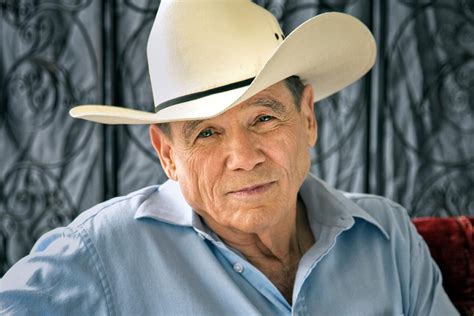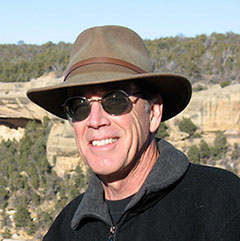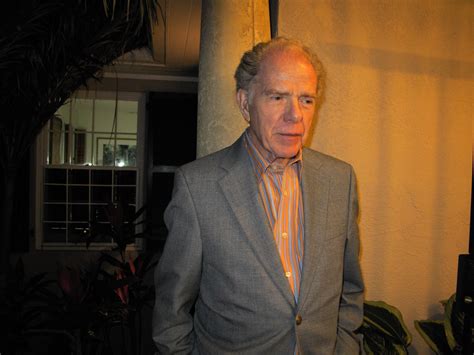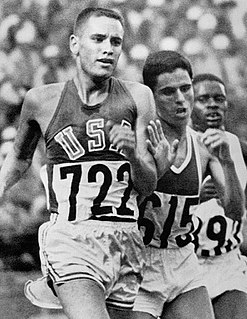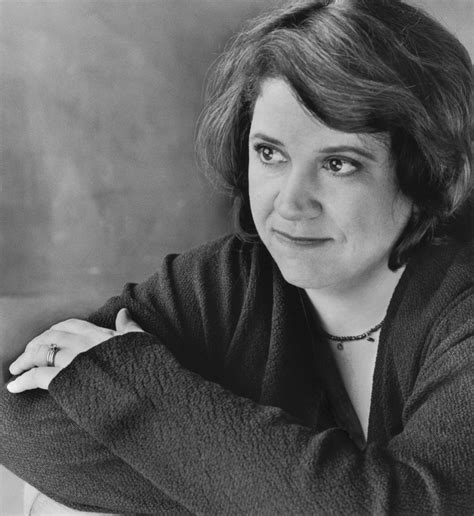A Quote by James Lee Burke
Using a first-person narrator is simply a matter of hearing the voice inside yourself.
Related Quotes
When you have an emotional reaction to what you see, you are judging. That is your signal that you have an issue inside of yourself - with yourself - not with the other person. If you react to evil, look inside yourself for the very thing that so agitates you, and you will find it. If it were not there, you will simply discern, act appropriately, and move on.
Almost all of the stories in The Matchmaker, the Apprentice, and the Football Fan are told in the first person, yet, depending on the angle and distance of the narrator, they exert different effects. The best are those in which the speaker never poses as an objective outsider. (...) Other stories are damaged by the urge to distance the narrator.
When I read to children, I try to become the characters. It's great if you can make a separate voice for each character. Sometimes you can lower your voice with excitement or get more intimate about it: you can lean forward and engage the children as a narrator or as a reader. It's particularly important that you find the voice that you want to use for each character, because then children can imagine that person as you're reading aloud. And of course, the illustrations help enormously.
You wake up and you feel - what? Heaviness, an ache inside, a weight, yes. A soft crumpling of the flesh. A feeling like all the surfaces inside you have been rubbed raw. A voice in your head - no, not voices, not like hearing voices, nothing that crazy, just your own inner voice, the one that says 'Turn left at the corner' or 'Don't forget to stop at the post office,' only now it's saying, 'I hate myself.' It's saying, 'I want to die.'
